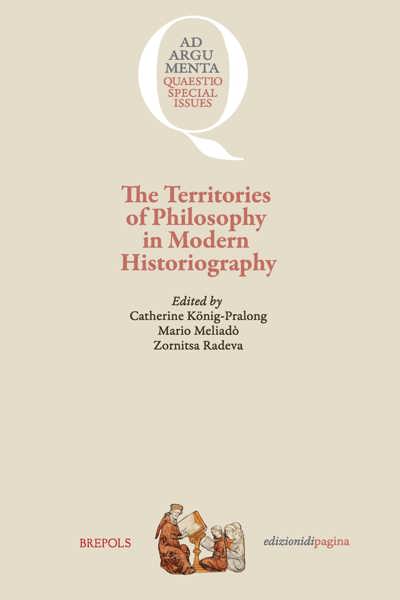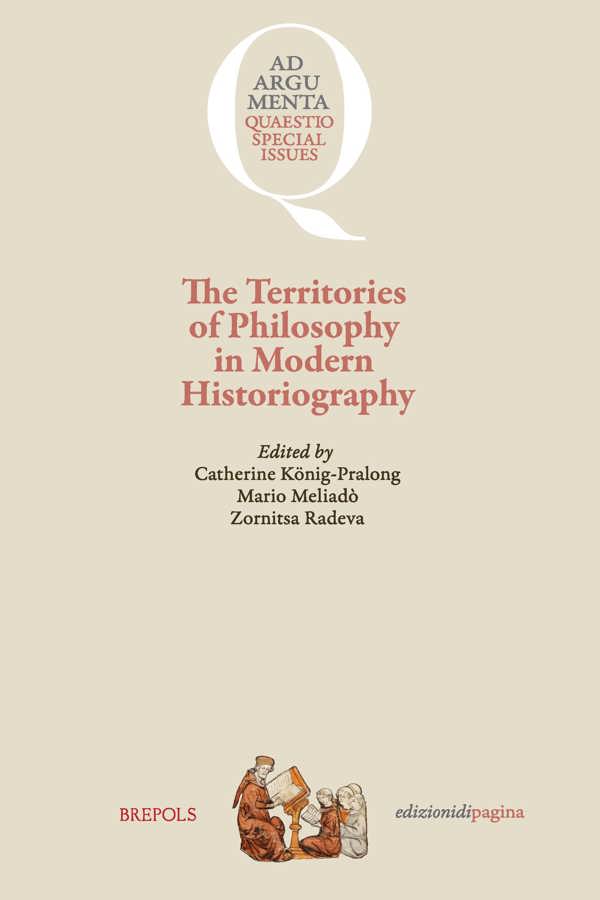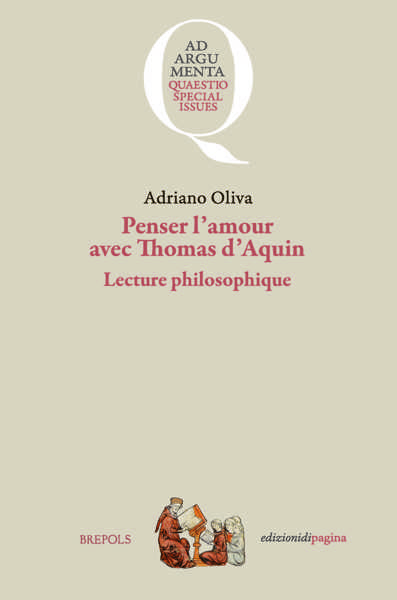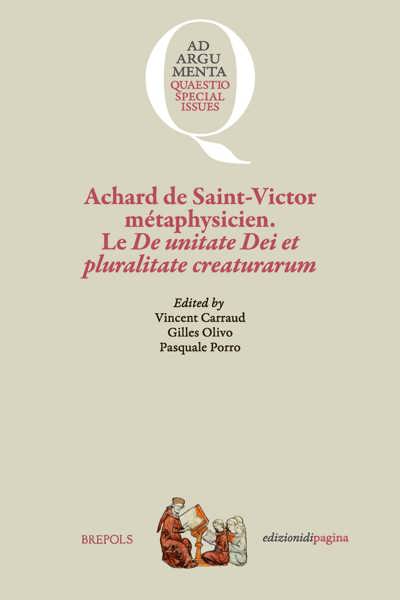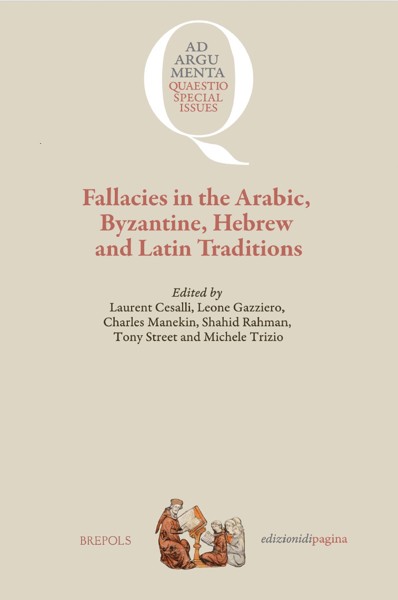
The Territories of Philosophy in Modern Historiography
Catherine König - Pralong, Mario Meliadò, Zornitsa Radeva (eds)
- Pages: 253 p.
- Size:170 x 240 mm
- Language(s):English, French
- Publication Year:2019
- € 70,00 EXCL. VAT RETAIL PRICE
- ISBN: 978-2-503-58468-3
- Paperback
- Available
- ISBN: 978-2-503-58469-0
- E-book
- Available
This book investigates how, from the seventeenth century onward, philosophers, philologists and historians described various world ‘cultures’, colonized the past (or national pasts), and thus invented Europe’s philosophical nature.
Catherine König-Pralong, Mario Meliadò and Zornitsa Radeva are members of the MEMOPHI (Medieval Philosophy in Modern History of Philosophy) research group, a project funded by the European Research Council (ERC-2013-CoG 615045), directed by Catherine König-Pralong and located at the University of Freiburg (Germany).
In the recent past, critical discussions concerning notions such as ‘cultural area’ and ‘area studies’, as well as their relativizations by means of conceptions that avoid splitting clearly identified areas (inter alia, ‘third space’, ‘hybridity’, ‘diaspora’, or ‘cosmopolitism’), drew attention to the long history of cultural territorialization. This book attempts to open the history of philosophy to reflexive and globalizing tendencies elaborated in the field of ‘world history’. From the seventeenth century onward, in both modern Europe and North America, historical sciences—notably philosophical historiography and cultural history—colonized both the past (or national pasts) and the ‘rest’ of the world. The contributions gathered in the present volume address both phenomena to the extent that they have been linked with modern historicization of philosophy, sciences, and culture.
CATHERINE KÖNIG-PRALONG / MARIO MELIADÒ / ZORNITSA RADEVA (Albert-Ludwigs-Universität Freiburg)
Preface
I. Continents of Thought, Global Exchanges
CATHERINE KÖNIG-PRALONG (Albert-Ludwigs-Universität Freiburg)
How Historians of Philosophy Invented Europe’s Philosophical Nature
JULIE BRUMBERG-CHAUMONT (CNRS, PSL, LEM Paris)
À l’Est (et au Far-Ouest) de la logique, rien de nouveau
STÉPHANE VAN DAMME (European University Institute Firenze)
Enlightenment’s Frontiers: did Mohawks have a philosophy?
II. Intellectual Imperialism
LENA SALAYMEH (Tel Aviv University)
Goldziher dans le rôle du bon orientaliste. Les méthodes de l’impérialisme intellectuel
IVA MANOVA (Bulgarian Academy of Sciences)
The Creation of Philosophical Nations under the Soviet Regime: “Restoring the Historical Truth” about the Peoples of Asia in Philosophy
III. Formations of Political and Ethnical Spaces
UELI ZAHND (Université de Genève)
Civilized Scots?
Climate, Race and the Barbarian North in Early Modern Scottish Philosophy
DELPHINE ANTOINE-MAHUT (ENS de Lyon)
Une philosophie française sans philosophie française. L’éclectisme de Victor Cousin
MARIO MELIADÒ (Universität Siegen)
Géopolitique de la raison. Sur la pratique de l’histoire de la philosophie à l’école de Victor Cousin
GIANLUCA BRIGUGLIA (Université de Strasbourg)
Aristotélisme politique médiéval et lieu naturel de la démocratie selon l’historiographie de Walter Ullmann
IV. Intellectual Boundaries and Disciplinary Geographies
CECILIA MURATORI (University of Warwick)
Science or “Sad Trash”?
Aristotelian Lineages in the Historiography of Animal Magnetism
SAMUEL LÉZÉ (ENS de Lyon)
Contrôler le territoire philosophique à coups de canon. L’éclipse de « l’histoire comparée » de Joseph-Marie Degérando (1772-1842) à l’orée d’une juridiction de l’incomparable
